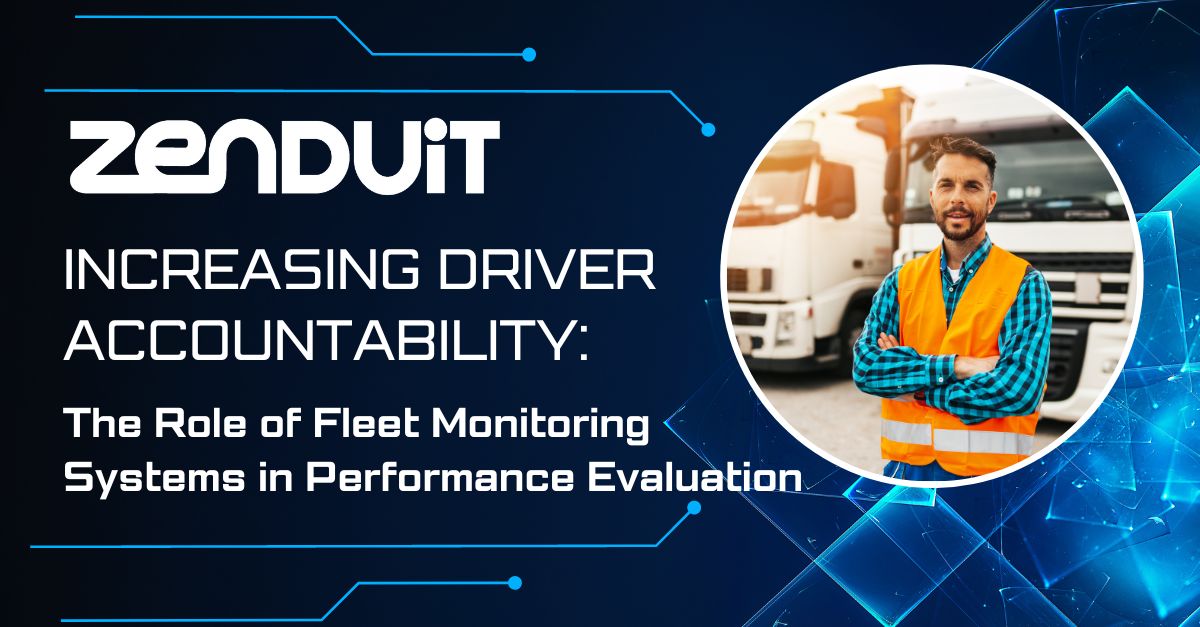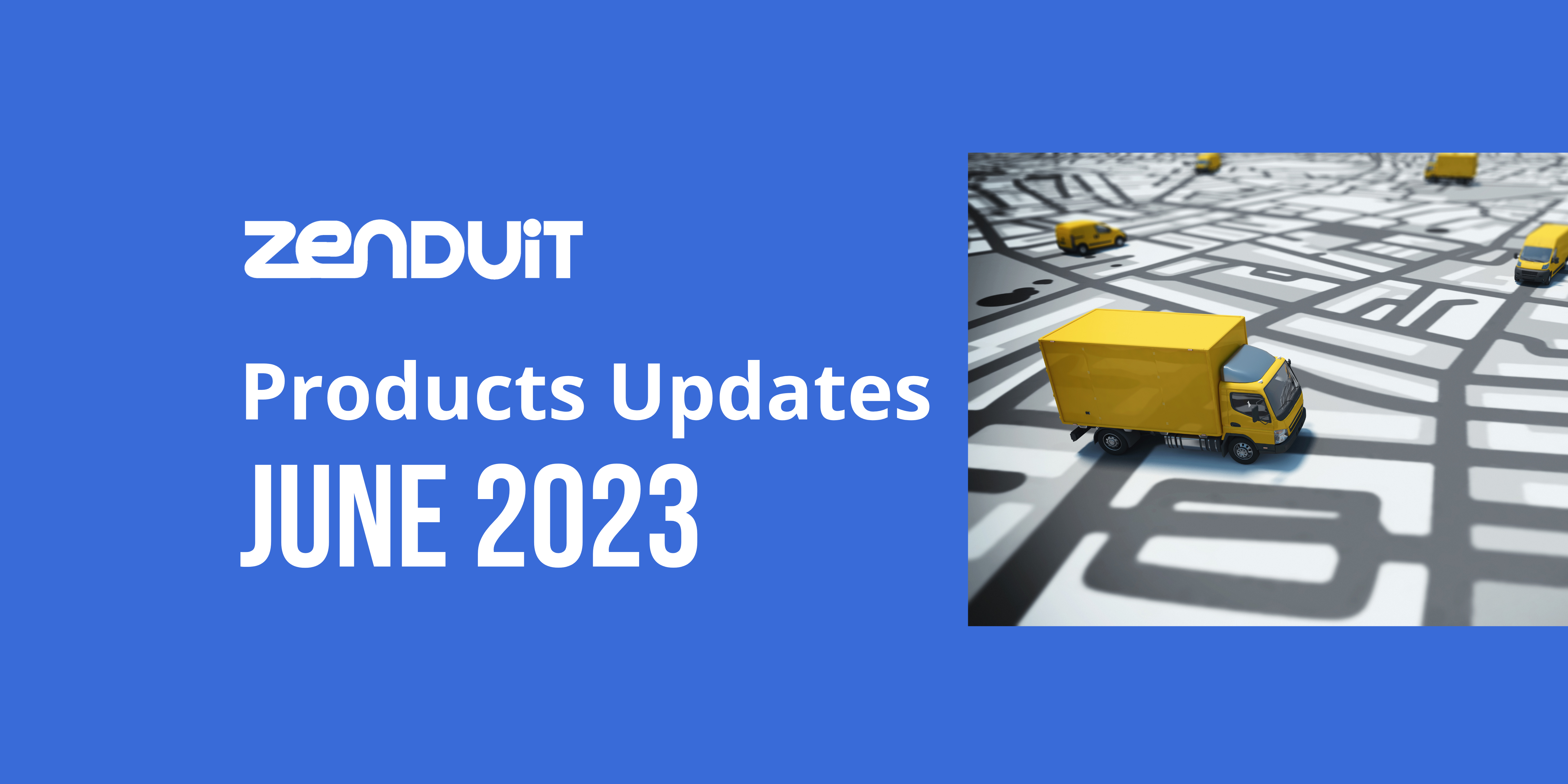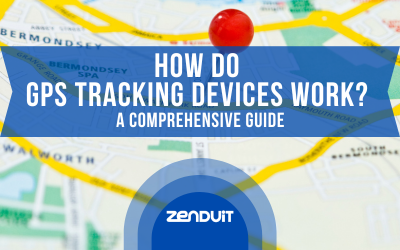Driver accountability is the cornerstone of effective fleet management, encompassing the responsibility and ownership that drivers assume for their actions while on the road. In this context, accountability goes beyond merely completing tasks; it involves adhering to safe driving practices, maintaining vehicles, and adhering to regulations.
Category: Blog
Smart Investments: Calculating ROI with Fleet Tracker GPS
Fleet trackers excel in their ability to capture a wealth of crucial data points, furnishing fleet managers with a panoramic view of their vehicular operations. Key variables such as vehicle location, speed, route history, and driving patterns are meticulously tracked and compiled into actionable insights.
Choosing the Right GPS Hardware for Your Fleet Tracking Needs
In this article, we delve into the significance of GPS hardware in modern fleet tracking and management, exploring the myriad benefits it brings to the table. From streamlining operations to enhancing overall efficiency, GPS technology has become a powerful tool that empowers fleet managers to make data-driven decisions and propel their businesses forward.
The Future of GPS Tracking: Emerging Trends and Innovations
Global Positioning System (GPS) tracking has revolutionized the way we navigate, track assets, and optimize logistics. As technology continues to advance, new trends and innovative technologies are emerging in the field of GPS tracking, promising even more exciting possibilities for the future. From augmented reality and artificial intelligence to 5G connectivity, wearable devices, indoor positioning, […]
New Product Update Notes: June 2023
Mississauga, ON – June 30, 2023 – Welcome to our monthly product updates blog post for the month of June. Experience the revolution in fleet management with ZenduCAM’s latest update, offering a streamlined and action-centric user interface. Simplify your tasks and save time with a single-tap navigation, seamless trip management, and interactive map-based trip analysis. […]
Harnessing the Power of GPS Tracking Devices in Equipment Management
By leveraging the vast amount of data available, organizations can make informed choices that drive operational efficiency and maximize productivity. Among the various technologies contributing to data-driven decision making, GPS tracking devices play a crucial role.
Enhancing Customer Experience with GPS Tracking Solutions
GPS tracking solutions harness the power of Global Positioning System technology to accurately track and monitor the movement and location of vehicles, packages, and even individuals. These solutions have proven to be instrumental in improving customer experience, thanks to their ability to provide real-time information and enhance transparency throughout the delivery process.
Enhancing Security and Theft Prevention in Fleet and Asset Management with Vehicle Tracking
In the realm of fleet and asset management, security and theft prevention play a vital role in safeguarding valuable resources. Whether it’s a fleet of vehicles, equipment, or other valuable assets, protecting these assets from theft and ensuring their secure operation is of utmost importance. The potential consequences of security breaches can be severe, ranging […]
The Benefits of GPS Tracking for Business Vehicles
We will uncover how this technology not only enhances efficiency but also ensures a safer work environment, improves customer service, and ultimately maximizes profitability. Whether you’re a small business owner looking to optimize your delivery routes or a fleet manager seeking to improve overall operational efficiency, the benefits of GPS tracking are waiting to be discovered.
How Do GPS Tracking Devices Work? A Comprehensive Guide
In this comprehensive guide, we will explore the fascinating technology behind GPS tracking devices. We’ll delve into the science of GPS and explain how the devices work. We’ll also examine the different types of GPS tracking devices available, how they differ from one another, and what to consider when selecting the right device for your needs.



